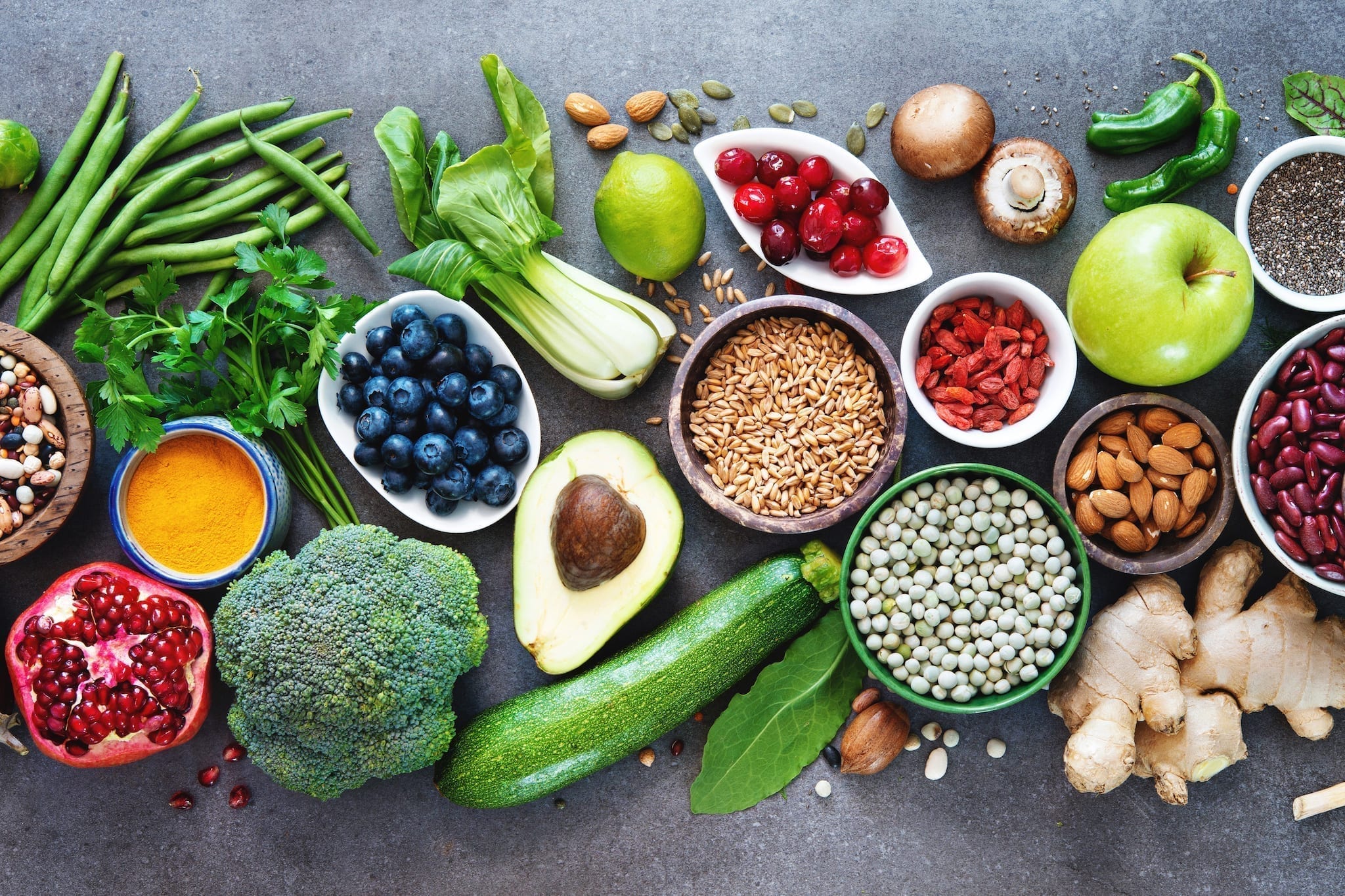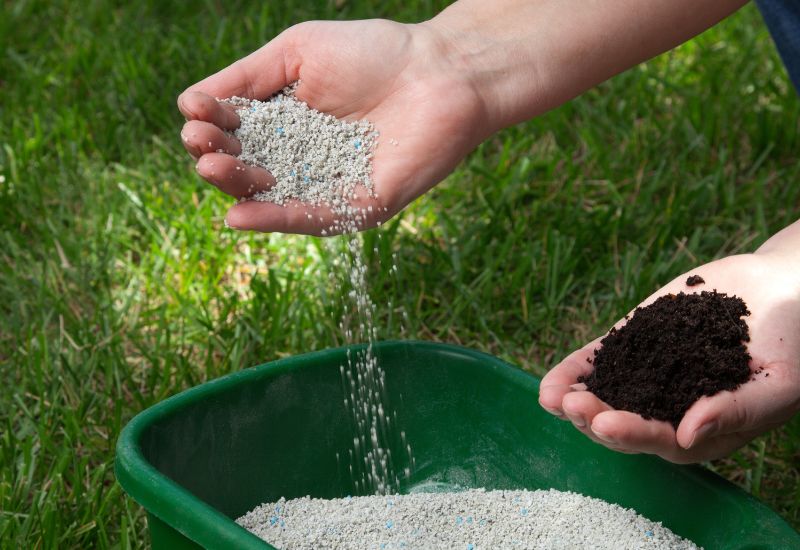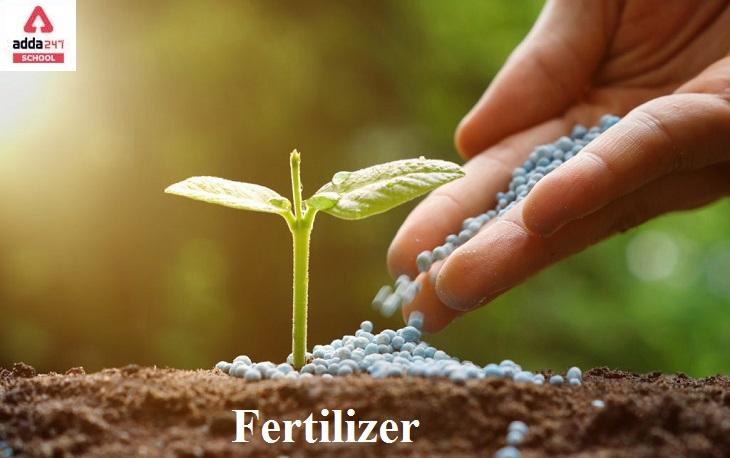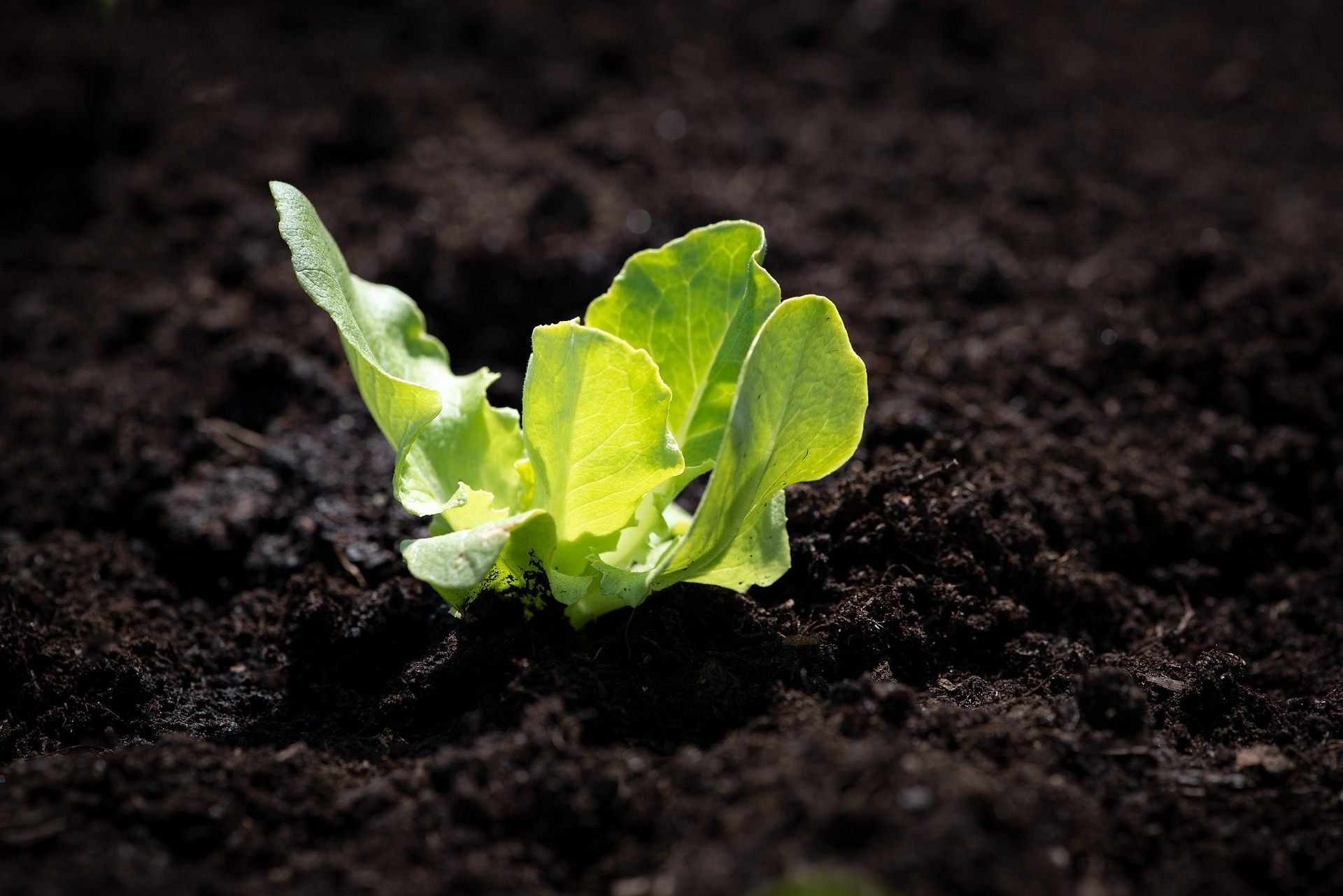What’s the Difference Between Fertilizer and Plant Food?
When it comes to nurturing your garden, it’s essential to understand the distinction between fertilizers and plant foods. While both products are designed to promote healthy plant growth, they serve different purposes and offer unique benefits. The common confusion between the two terms often leads to the question: is fertilizer and plant food the same? The answer is no, and understanding the differences is crucial for providing your plants with the necessary nutrients for optimal growth.
Fertilizers are substances that provide essential nutrients for plant growth, such as nitrogen, phosphorus, and potassium. These macronutrients play a vital role in plant development, from seed germination to fruit production. Fertilizers can be synthetic or organic, and their application methods vary depending on the type of plant and soil conditions. On the other hand, plant foods are supplements that offer additional nutrients and micronutrients to promote healthy plant growth. These products often contain a balanced blend of nutrients, vitamins, and minerals that enhance plant resistance to disease and pests.
The main difference between fertilizers and plant foods lies in their composition and purpose. Fertilizers are designed to provide the necessary nutrients for plant growth, while plant foods offer additional supplements to promote overall plant health. By understanding the distinction between the two, gardeners can make informed decisions about the products they use and provide their plants with the best possible care.
In the next section, we’ll explore how to choose the right nutrients for your plants, including the different types of fertilizers and plant foods available. By selecting the appropriate products for your specific plant types, you can ensure optimal growth and a bountiful harvest.
How to Choose the Right Nutrients for Your Plants
With the numerous options available in the market, selecting the right fertilizer or plant food for your plants can be overwhelming. To make an informed decision, it’s essential to understand the specific needs of your plants and the role of macronutrients and micronutrients in plant growth. Macronutrients, such as nitrogen, phosphorus, and potassium, are essential for plant development, while micronutrients, like iron and zinc, play a crucial role in plant health and disease resistance.
When choosing a fertilizer or plant food, consider the type of plants you’re growing. For example, fruiting plants like tomatoes and peppers require more phosphorus to promote fruit production, while leafy greens like lettuce and spinach require more nitrogen for healthy foliage. Organic options, such as compost and manure, release nutrients slowly, providing a steady supply of nutrients to plants. Synthetic fertilizers, on the other hand, provide a quick burst of nutrients, but may require more frequent applications.
Another factor to consider is the soil type and pH level. Different plants thrive in different soil conditions, and using a fertilizer or plant food that’s not compatible with your soil type can be detrimental to plant growth. For instance, acid-loving plants like azaleas and blueberries require a fertilizer with a lower pH level, while plants like succulents and cacti prefer a more alkaline soil.
When selecting a fertilizer or plant food, read the label carefully and look for products that are specifically formulated for your plant type and soil conditions. Some popular options include balanced fertilizers like 10-10-10, which provide equal amounts of nitrogen, phosphorus, and potassium, and organic plant foods like fish emulsion and bone meal, which release nutrients slowly and promote healthy microbial activity in the soil.
By choosing the right fertilizer or plant food for your plants, you can provide them with the necessary nutrients for optimal growth and health. In the next section, we’ll delve into the world of fertilizers, exploring their role in plant growth and the different types of fertilizers available.
The Role of Fertilizers in Plant Growth
Fertilizers play a crucial role in plant growth, providing essential nutrients that promote healthy development and maximize yields. The three primary macronutrients found in fertilizers are nitrogen, phosphorus, and potassium, which are often referred to as NPK. Nitrogen is responsible for leaf growth and development, phosphorus promotes root growth and flower production, and potassium helps with overall plant health and resistance to disease.
There are several types of fertilizers available, each with its own unique characteristics and benefits. Slow-release fertilizers, such as granular or pelletized fertilizers, release nutrients slowly over a longer period, providing a steady supply of nutrients to plants. Water-soluble fertilizers, on the other hand, provide a quick burst of nutrients, but may require more frequent applications. Organic fertilizers, such as compost or manure, release nutrients slowly and promote healthy microbial activity in the soil.
When selecting a fertilizer, it’s essential to consider the specific needs of your plants and the soil type. For example, plants grown in acidic soils may require a fertilizer with a higher pH level, while plants grown in alkaline soils may require a fertilizer with a lower pH level. Additionally, some fertilizers may be specifically formulated for certain plant types, such as fruiting plants or leafy greens.
Some common types of fertilizers include balanced fertilizers, such as 10-10-10, which provide equal amounts of nitrogen, phosphorus, and potassium. Other types of fertilizers may be formulated to address specific nutrient deficiencies, such as iron or magnesium. By understanding the role of fertilizers in plant growth and selecting the right type of fertilizer for your plants, you can promote healthy growth and maximize yields.
In the next section, we’ll explore the realm of plant foods, including supplements and tonics that promote healthy plant growth. We’ll discuss the benefits of using plant foods, such as increased yields and improved plant resistance to disease.
Plant Foods: A Closer Look at Supplements and Tonics
Plant foods, also known as supplements or tonics, are products that provide additional nutrients to plants to promote healthy growth and development. Unlike fertilizers, which provide essential macronutrients, plant foods offer a range of micronutrients and other beneficial compounds that can enhance plant growth and resistance to disease.
There are many different types of plant foods available, each with its own unique benefits and characteristics. Some common examples include fish emulsion, bone meal, and kelp meal, which are all high in micronutrients and can help promote healthy plant growth. Other plant foods, such as compost tea and worm casting, are rich in beneficial microbes that can help to improve soil health and structure.
The benefits of using plant foods are numerous. For example, they can help to increase yields, improve plant resistance to disease, and enhance the overall health and vigor of plants. Additionally, plant foods can be used to address specific nutrient deficiencies or to provide a boost to plants during times of stress or transition.
When selecting a plant food, it’s essential to consider the specific needs of your plants and the soil type. For example, plants grown in acidic soils may require a plant food that is high in calcium and magnesium, while plants grown in alkaline soils may require a plant food that is high in sulfur and iron. Additionally, some plant foods may be specifically formulated for certain plant types, such as fruiting plants or leafy greens.
Some popular plant food products include Miracle-Gro Shake ‘n Feed, which is a slow-release plant food that provides a steady supply of nutrients to plants, and Espoma Organic Bloom!, which is a plant food that is specifically formulated to promote blooming and fruiting in plants. By understanding the benefits and characteristics of different plant foods, you can make informed decisions about which products to use and how to use them to achieve optimal results.
In the next section, we’ll address common misconceptions about fertilizers and plant foods, including the idea that they are interchangeable terms. We’ll provide evidence-based information to set the record straight and help you make informed decisions about how to nourish your garden.
Debunking Common Myths: Separating Fact from Fiction
When it comes to fertilizers and plant foods, there are many common misconceptions that can lead to confusion and poor decision-making. One of the most common myths is that fertilizers and plant foods are interchangeable terms. However, as we’ve discussed throughout this article, fertilizers and plant foods serve different purposes and offer unique benefits.
Another common myth is that all fertilizers are created equal. However, this couldn’t be further from the truth. Different types of fertilizers, such as organic and synthetic options, offer varying levels of nutrients and benefits. Additionally, some fertilizers may be specifically formulated for certain plant types or soil conditions, making them more effective than others.
Some people also believe that plant foods are a waste of money and don’t provide any real benefits. However, this is not the case. Plant foods can provide essential micronutrients and other beneficial compounds that can enhance plant growth and resistance to disease.
It’s also important to note that the idea that “is fertilizer and plant food the same” is a common misconception. While both fertilizers and plant foods provide nutrients to plants, they serve different purposes and offer unique benefits. Fertilizers provide essential macronutrients, while plant foods offer micronutrients and other beneficial compounds.
By understanding the facts and separating them from fiction, you can make informed decisions about how to nourish your garden. In the next section, we’ll review and compare popular fertilizer and plant food products, including their ingredients, application methods, and effectiveness.
Real-World Examples: Product Reviews and Comparisons
In this section, we’ll review and compare popular fertilizer and plant food products, including Miracle-Gro and Espoma Organic. We’ll discuss the pros and cons of each product, including their ingredients, application methods, and effectiveness.
Miracle-Gro is a well-known fertilizer brand that offers a range of products, including all-purpose fertilizers and plant-specific formulas. Their products are widely available and often considered to be a convenient option for gardeners. However, some critics argue that Miracle-Gro products contain synthetic ingredients that can harm the environment and human health.
Espoma Organic, on the other hand, is a brand that specializes in organic fertilizers and plant foods. Their products are made from natural ingredients and are free from synthetic chemicals. Espoma Organic products are often considered to be a more sustainable option for gardeners who prioritize environmental health.
When comparing these two brands, it’s essential to consider the specific needs of your plants and the soil type. Miracle-Gro products may be more effective for plants that require a quick burst of nutrients, while Espoma Organic products may be better suited for plants that require a slow release of nutrients.
In addition to these two brands, there are many other fertilizer and plant food products available on the market. Some popular alternatives include Scotts Osmocote, E.B. Stone Organics, and Alaska Fish Fertilizer. When selecting a product, be sure to read the label carefully and look for ingredients that align with your gardening goals and values.
By understanding the pros and cons of different fertilizer and plant food products, you can make informed decisions about how to nourish your garden. In the next section, we’ll offer tips on creating a balanced diet for your plants, including how to combine fertilizers and plant foods for optimal results.
Creating a Balanced Diet for Your Plants
Creating a balanced diet for your plants is crucial for optimal growth and health. By combining fertilizers and plant foods, you can provide your plants with the necessary nutrients for growth and development. However, it’s essential to understand the importance of soil testing and pH balancing to ensure that your plants are receiving the right nutrients.
Soil testing is a crucial step in creating a balanced diet for your plants. By testing your soil, you can determine the pH level and nutrient content, which will help you choose the right fertilizers and plant foods. Most plants prefer a slightly acidic to neutral soil pH, between 6.0 and 7.0.
Once you have determined the pH level and nutrient content of your soil, you can begin to create a balanced diet for your plants. A balanced diet typically consists of a combination of fertilizers and plant foods that provide the necessary macronutrients and micronutrients for growth and development.
For example, a balanced diet for a vegetable garden might include a fertilizer that provides nitrogen, phosphorus, and potassium, as well as a plant food that provides micronutrients such as iron and zinc. By combining these products, you can provide your plants with the necessary nutrients for optimal growth and health.
In addition to fertilizers and plant foods, it’s also essential to consider the importance of organic matter in creating a balanced diet for your plants. Organic matter, such as compost or manure, can help to improve soil structure and provide beneficial microbes that can help to break down nutrients and make them available to plants.
By following these tips and creating a balanced diet for your plants, you can help to ensure optimal growth and health. In the next section, we’ll summarize the key takeaways from the article and encourage readers to experiment with different products and techniques to find what works best for their gardens.
Conclusion: Nourishing Your Garden for Success
In conclusion, understanding the difference between fertilizers and plant foods is crucial for nourishing your garden for success. By recognizing the distinct roles of these two types of products, you can provide your plants with the necessary nutrients for optimal growth and health.
As we’ve discussed throughout this article, fertilizers provide essential macronutrients, such as nitrogen, phosphorus, and potassium, while plant foods offer micronutrients and other beneficial compounds that promote healthy plant growth. By combining these products, you can create a balanced diet for your plants that meets their specific needs.
Remember, the question “is fertilizer and plant food the same” is a common misconception that can lead to confusion and poor decision-making. By understanding the differences between these two types of products, you can make informed decisions about how to nourish your garden.
Experiment with different products and techniques to find what works best for your garden. Don’t be afraid to try new things and adjust your approach as needed. With a little patience and practice, you can create a thriving garden that brings joy and beauty to your life.
By following the tips and guidelines outlined in this article, you can take the first step towards creating a balanced and nourishing diet for your plants. Happy gardening!


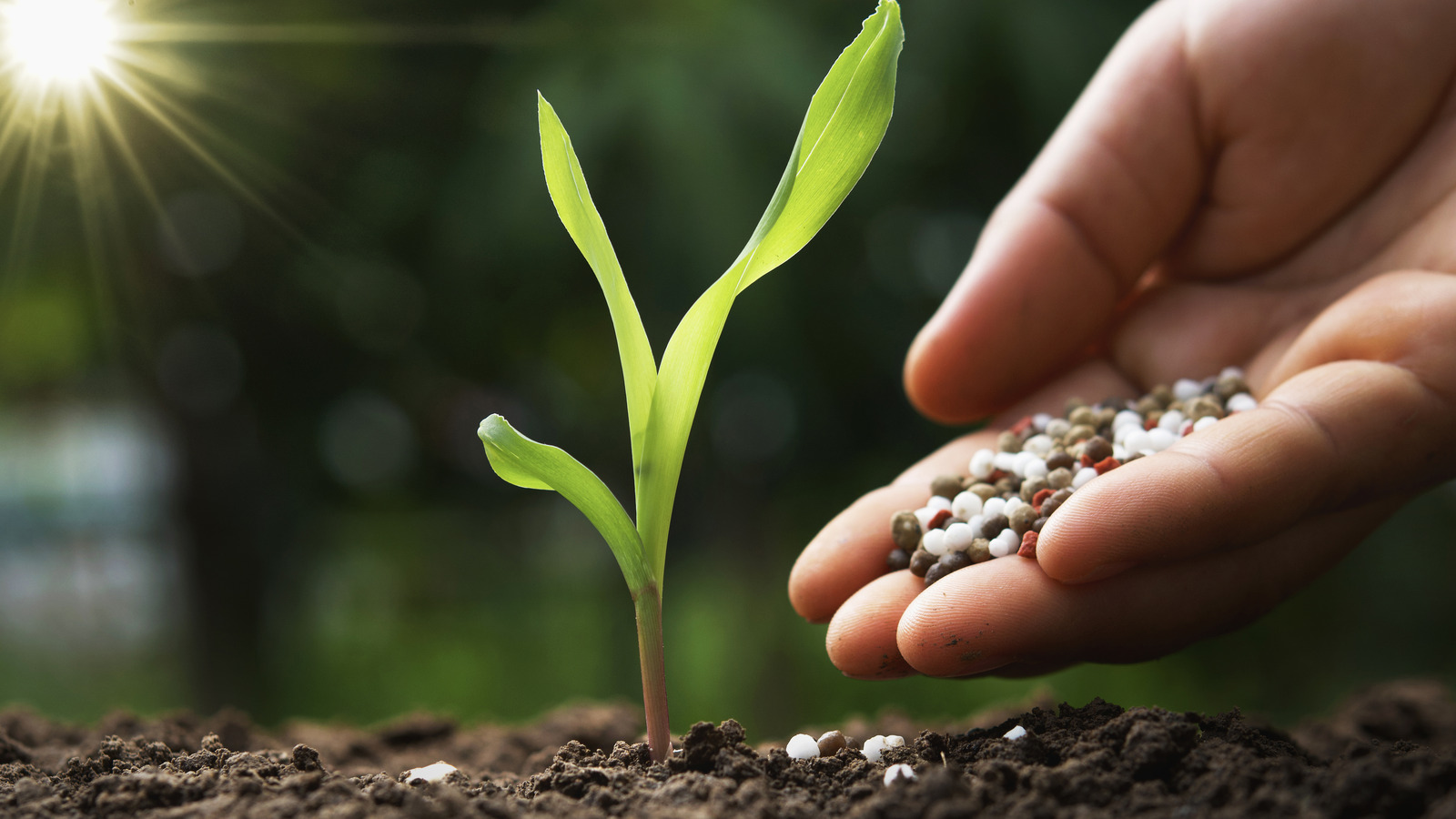
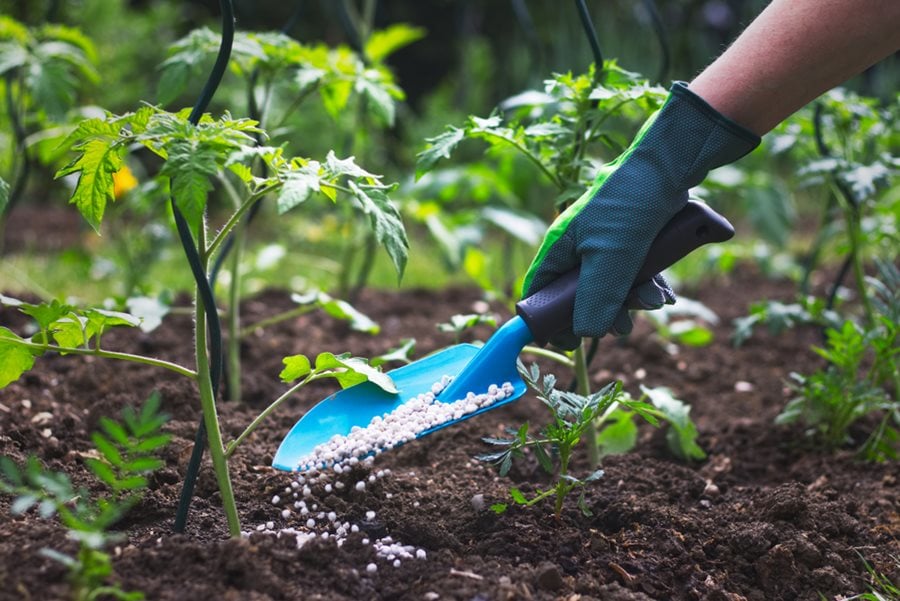
:max_bytes(150000):strip_icc()/Fertilizing-plants-0440837aeee64749832645ba62572f95.jpg)
